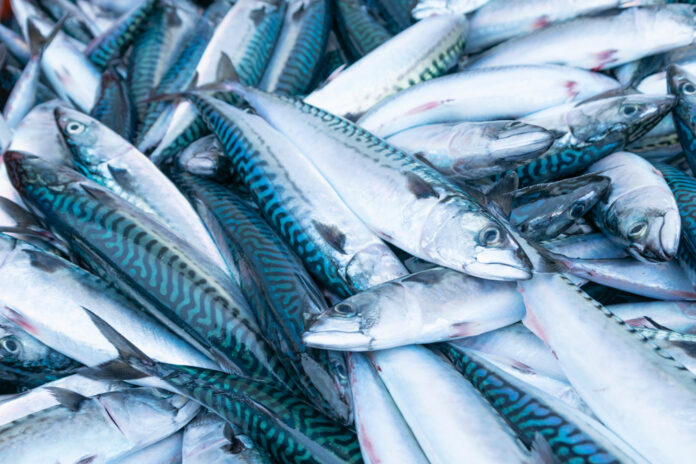Food security advocates on Sunday said the Department of Agriculture (DA) decision suspending the importation of particular fish species as galunggong, bonito and mackerel has proven a boon for local producers.
DA recently suspended the issuance of sanitary and phytosanitary import clearance for the cited fish species under Fisheries Administrative Order (FAO) 195 – 1999 which prohibits their entry into wet markets unless covered by a certificate of necessity to import.
The suspension followed discovery the imported fish products destined for the canning factories as exports were diverted to the wet markets instead.
David Villaluz, chairman of the Philippine Association of Fish Producers Inc., said as much as 111,077 metric tons of imported fish were illegally diverted.
“The reality is that the production cost for fish farming is high while the selling price is low. It is hard for our fish farmers to turn a profit. We only ask for that we earn back our investment. Give us four to five months to recover whatever deficiency there is in production. We have so many empty cages. If we can use these cages, we can produce the country’s fish requirement in four to five months, even go beyond,” Villaluz added.
Pablo Rosales, president of fishing group, Pangisda, said they have been consistent in calling the government to stop the imports, saying FAO 195 was issued to lower the price of fish although the goal has yet to be achieved.
“We are all against importation that leads to smuggling. Our government should help us, small and artisan fishermen to process the sardines and bring our catch to the markets, to help and protect our people instead of choosing imports. We already have the fish here, why still import? The government should help us develop the technology for our fishermen,” Rosales said.
Rosanna Contreras of the Socsksargen Federation of Fishing and Allied Industries Inc. gave assurance the prohibition will have minimal impact in the group’s operations as they primarily use tuna.
Producers of tilapia and bangus from Taal Lake also supported the suspension of imports but asked government for aid as domestic fish growers have been forced to lower their price and sell at a loss to pay off obligations
“There is no reason to import. Aquaculture is producing well not only in Taal Lake but everywhere in the Philippines. What we need is a sure buyer and the support of the government in terms of subsidy to lower our production cost, importation should only be a temporary measure,”said Mario Balazon of the Taal Lake Aquaculture Alliance Inc. (TLAAI)
The group said that as a result of fish imports, fish cage operators are discouraged from investing for fear of incurring even greater capital losses.
“The immediate action of the Department of Agriculture is an indication that they are serious in their objective of developing the agriculture and fisheries sector as a profitable industry for fish farmers, fisherfolk and all stakeholders in the value chain,” Norbert Chingcuanco, co-convenor of Tugon Kabuhayan, said.
Chingcuanco said the DA import ban is important in encouraging greater domestic fish production.







